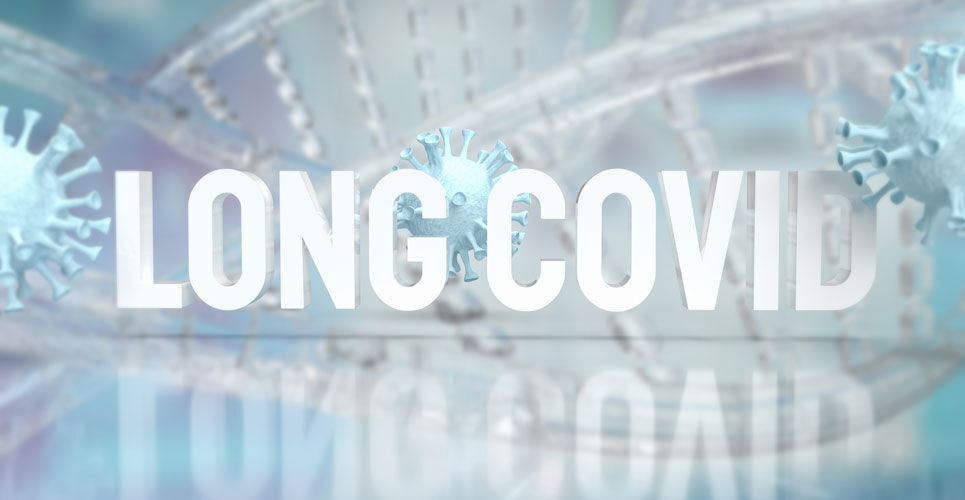Triple dose COVID-19 vaccination is associated with a significantly lower risk of developing long COVID among non-hospitalised patients
Having a triple dose vaccination against COVID-19 is associated with a significantly lower risk of developing long COVID among individuals who experience a breakthrough infection but who do not require hospitalisation according to the results of a study by a team of Italian researchers based in Milan.
It has become widely recognised that some patients can develop post-acute sequelae, i.e., long COVID, 6 months after their initial infection. Potential risk factors linked to the development of long COVID include female gender, respiratory symptoms at the onset and the severity of the initial illness. With the widespread introduction of vaccination against COVID-19, an important question is whether being vaccinated protects against the development of long COVID. To date, only one study has examined the relationship between vaccination, breakthrough infections and long covid and the authors suggested that among individuals who experience a breakthrough infection, there was a 15% lower risk of post-acute sequelae. However, a limitation of the study was that the risk reduction was examined after two doses of a COVID-19 vaccine, whereas current recommendations are for individuals to receive a triple dose.
For the present study, the Italian team set out to examine the impact of a triple dose vaccination on the development of long COVID. They turned to healthcare professionals who had received three doses of the BNT162b2 vaccine and who did not require hospitalisation if they developed a breakthrough infection. The researchers also defined long covid as the presence of at least one COVID-19-related symptom which continued for more than 4 weeks. They also looked at the incidence of long covid after three waves of COVID-19 and used multivariable logistic regression to assess the relationship between the development of long COVID and patient demographics, co-morbidities and vaccination status.
Triple dose vaccination and long COVID
A total of 739 individuals with a mean age of 42.8 years (25.4% male) were included, of whom, 31% developed long COVID and 16% of these individuals had received a triple dose of BNT162b.

The incidence of long COVID varied depending on the pandemic wave. During the first wave (February – September 2020), 48.1% were affected, reducing to 35.9% in wave 2 (October 2020 – July 2021) and 16.5% in wave 3 (August 2021 – March 2022).
The number of vaccine doses was also associated with the development of long COVID and which ranged from 41.8% among unvaccinated individuals, to 30% in those with a single dose, 17.4% after two doses and 16% in those after a triple dose of vaccine.
Using unvaccinated women in wave 1 without allergies or co-morbidities as the reference point, having 2 vaccine doses significantly reduced the risk of long COVID (odds ratio, OR = 0.25, 95% CI 0.07 – 0.87, p = 0.03). Moreover, this was reduced further still among those with three doses of the vaccine (OR = 0.16, 95% CI 0.03 -0.84, p = 0.03).
The authors concluded that among those receiving a triple dose vaccination against COVID-19, who develop a breakthrough infection which does not lead to hospitalisation, there was a significantly lower risk of developing long COVID.
Citation
Azzolini E et al. Association Between BNT162b2 Vaccination and Long COVID After Infections Not Requiring Hospitalization in Health Care Workers JAMA 2022

